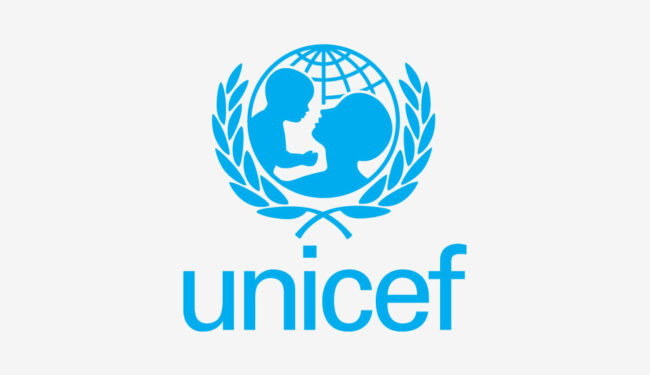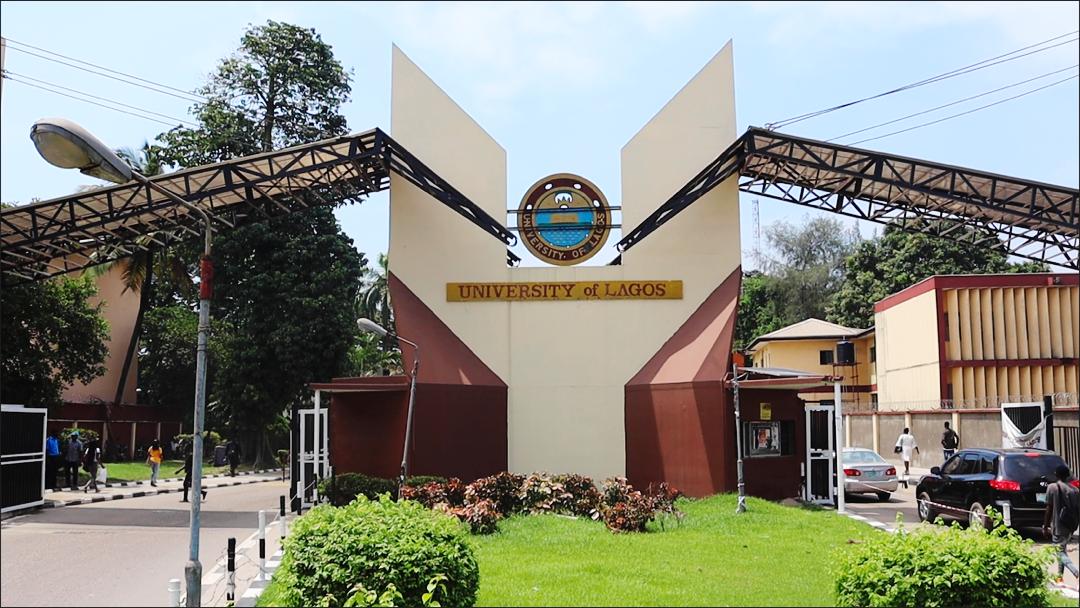Only 63% of primary school-age children regularly attend school – UNICEF


According to the United Nations Children’s Fund (UNICEF), Nigeria’s education system is encountering issues in terms of student retention, transition, and completion, notably in the country’s Northeast and Northwest.
Speaking at a two-day regional stakeholders meeting on out-of-school children and retention, transition, and completion models in Bauchi, Gombe, and Adamawa states, Tushar Rane, UNICEF’s Bauchi Chief of Field Office, stated that the situation has deteriorated over the last decade.
According to him, with a large number of primary and junior secondary school-age children out of school, reaching 10.2 million and 8.1 million, respectively, Nigeria is at the forefront of global challenges in education.
According to the Multiple Indicator Cluster Survey 2021, only 84 percent of children effectively transition to junior secondary education after primary school completion.
“Less than 50 percent – about 2.4 million – of the 5.9 million children who commence Primary Grade 1 annually in Nigeria persist to the conclusion of Junior Secondary Grade 3,” he said.
In his address, Yawoji Ahmed Bala, a director from Gombe State Universal Basic Education Board, cited factors like early marriage, peer pressure, and social norms as contributing to the high number of out-of-school children.
The stakeholders meeting was aimed at garnering collective commitment towards developing and implementing strategies to reduce the number of out-of-school children and improve retention, transition, and completion rates, particularly for adolescent girls and boys in secondary schools.
The meeting, attended by commissioners of education and executive secretaries of SUBEB, emphasised the urgent need for concerted efforts to address these challenges in the education landscape.








